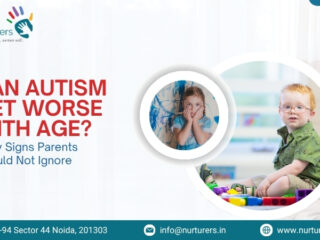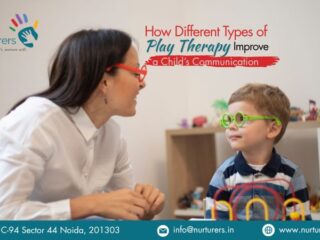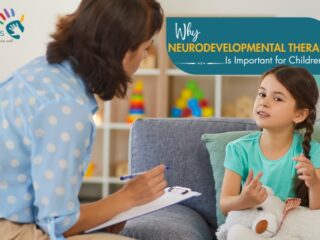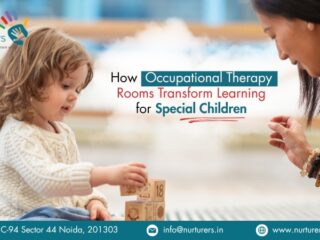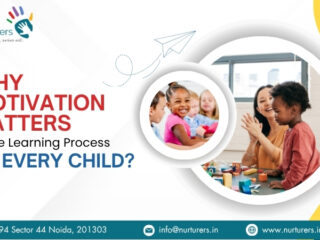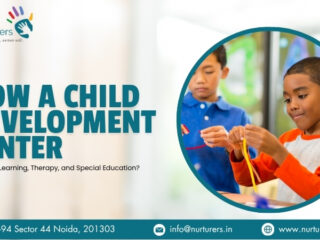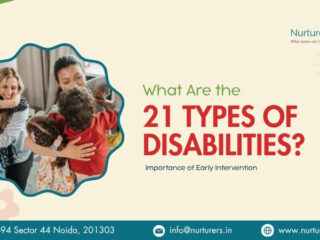Can Autism Get Worse With Age? Early Signs Parents Should Not Ignore
Understanding how autism evolves with age is one of the biggest concerns for parents. Autism itself does not “get worse,” but its challenges can become more visible or harder to manage if early signs are ignored and timely intervention is not provided. Children grow, their environments become more demanding, and developmental gaps may widen—making symptoms…
